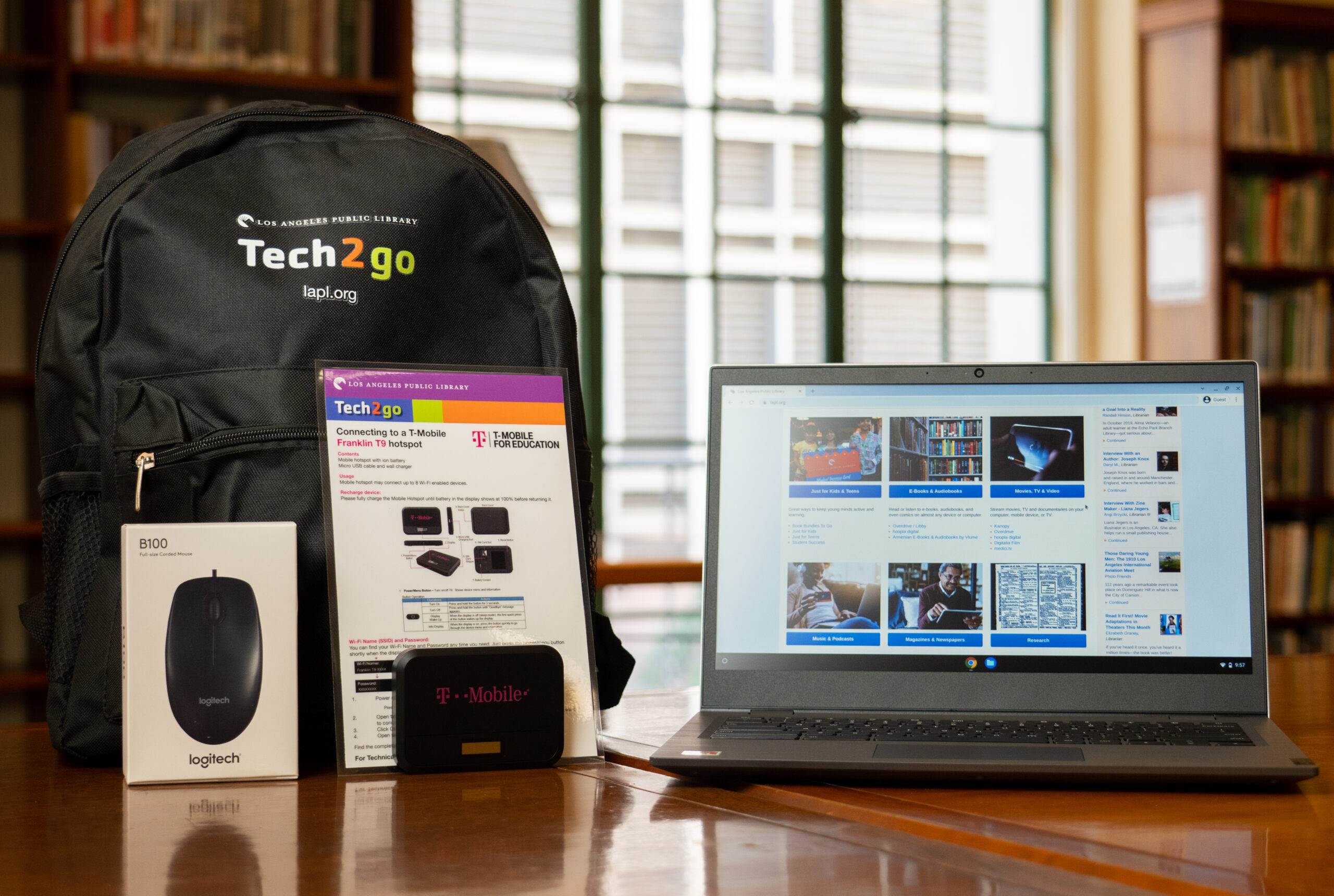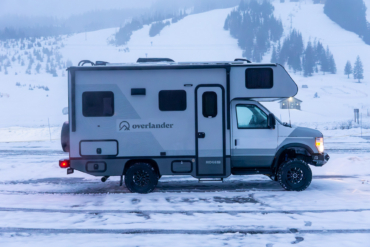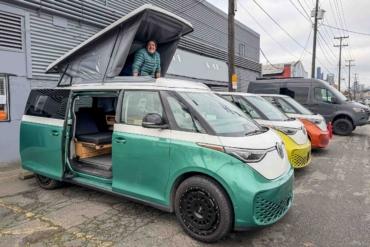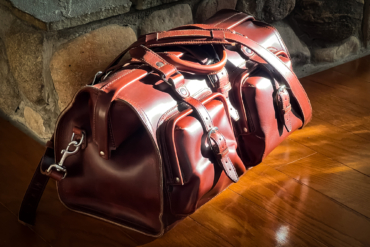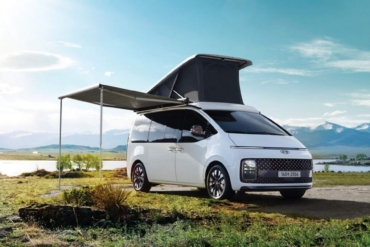Picture it: you are several weeks into van life. You have been traveling around the country living in a tiny cabin on wheels. Things are adventurous and fun, but let’s be honest: when the real world creeps into van life, things can start to deteriorate.
Before van life, I didn’t know that my credit card could actually groan. Yes, that cup of coffee was $8 and no, the Wi-Fi did not, after all, load anything that you needed it to. Your butt is tired of your tiny toilet and working from a 6-foot square is not conducive to productivity, or the Instagram aesthetic that this life promises. You are constantly cleaning, organizing, and putting stuff away.
Oh, and everything seems to systematically break.
Traveling and living intermittently from vehicles, and especially living full-time from your vehicle, makes you appreciate little conveniences more and more. It especially makes you appreciate local community resources. (Wherever you find yourself a local at the time.)
A shared tool, a shared hand, a clean toilet, new music, free downloads, a strong Wi-Fi signal. All available at one place — libraries.
Public Libraries: The Promised Land
Public libraries at the very least offer the basics: Wi-Fi, clean bathrooms, a quiet place to work, a safe place to park for the day, computers, and printing resources. For free.
No need to find an established campground for the night for full-service restrooms, or a change of scenery. No need to go sit in a coffee shop or restaurant for hours.
But, despite the obvious resources, libraries are often neglected, especially by the core van life demographic. “The demographic that is doing van life kind of stuff, they’re mostly between 25 and 40,” said Doddie Owens, Adult Services Librarian at the Denver Public Library. “And that is the age group that has the sharpest drop in library usage … it’s an age group that libraries are always trying to engage.”
And that’s where we come in. We compiled all the novel resources that public libraries often provide*, and why these are perfect for van lifers. All you’ll need is a library card.
*Resources change by state and by city, so check with your library branch to see what’s available.
Books, Audiobooks, Movies, and Music
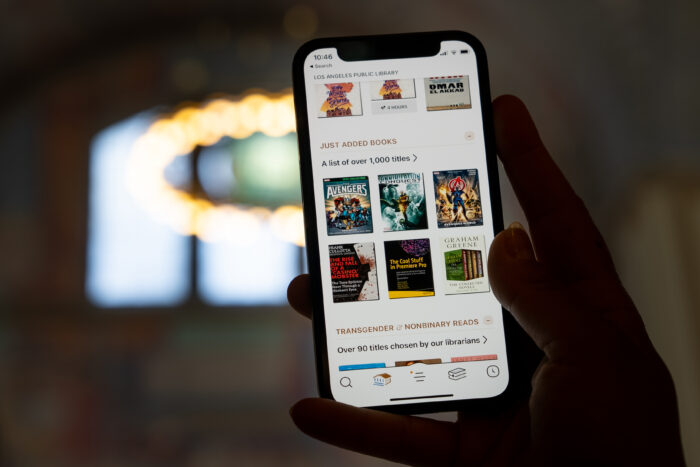
If you’re drowning in subscriptions, look no further than your library card to cut down on your monthly payments. For ebooks and audiobooks, Libby is the most popular platform. You can place up to 200 holds and have 30 loans out at a time, and you can transfer your e-books into the Kindle app for an integrated reading experience. Libby is the best place to get in virtual line for bestsellers. Special “skip-the-line loans” also let you get your hands on titles more quickly for 5-day loan periods.
For audiobook and music aficionados, Freegal is another online service that your library system might subscribe to. The site offers free music. Hoopla is an audiobook-only program with no wait times.
One of the other most popular sites that libraries frequently subscribe to is Kanopy. The site offers award-winning films and documentaries. If you have Wi-Fi or cell service, you have Netflix-like entertainment at your fingertips.
Maker Spaces
Did something break on your campervan? Need to sew some curtains or make some custom cushions? Library districts around the country have robust spaces that can help you with just these tasks.
Many maker spaces are open to the public, regardless if one holds a library card. Plus, depending on the space, some libraries may even have access to digital services like Adobe Suite, recording studios, camera equipment, and more.
Tool-Lending Libraries
Do you need to check the voltage of your solar setup or appliances? Is a screw wiggly or do you need an oil filter wrench? What about a bike tube to get your trusty steed rolling again? You guessed it, lots of libraries have tools (from your basic wrench to a jigsaw) they can lend out.
The L.A. Public Library system has an extensive tool list. Nonprofit tool-lending libraries are also pretty prevalent, like this one in Boulder, Colo. Check out this tool library website to find the nearest one to you.
Education and Learning

Programs like Lynda, Skillshare, and LinkedIn Learning can also often be frequently accessed through your library card. Boost your resume and actually learn how to use Excel, or read up on van life, minimalism, and tiny home living.
Your public library also likely subscribes to specific learning sites. Examples include Mango (for languages) and Chilton Library, which provides detailed instructions and lessons for vehicle maintenance. The database includes repair information on vehicle models dating back to 1940 (likely not your van!) and includes tips like what type of tools, skills, or how much time is needed for a certain repair or service.
The Chilton Library resource is available across multiple states including California, Colorado, Utah, North Carolina, Maryland, and more.
Mobile Hotspots
Sure, you can go into the library to get free Wi-Fi, but did you know that you don’t even have to sit there all day? Yes, you can check out a hotspot!
At the Seattle Library, a 2015 Google grant helped the library start a hotspot loan system. The hotspots are available for anyone with a library card and run on the T-Mobile network. They work anywhere in the continental U.S. If your library system offers hotspots, be sure to reserve one for your trip in advance. At the Seattle library, there is usually a 3-5-week wait time.
Some other library systems with a hotspot lending program include programs in New York City, Toronto, Chicago, Nashville, and more.
Park Passes and Maps

Yes, it gets better. You can even use your library card to access the great outdoors. Colorado, California, and Washington all offer versions of a park pass system where patrons can “check out” a state park pass and informational materials. Plan ahead and put a pass on hold before your trip.
In many districts, these benefits extend to museum passes and more in the downtown or historic areas as well. In the Denver library district, one reserved “ticket” can get six people into the Denver Botanic Gardens, for example.
Many library systems also lend out guidebooks, paper topographical maps, and online travel books — all great resources for planning both daily life or for specific adventures when on the road.
Getting Your Card
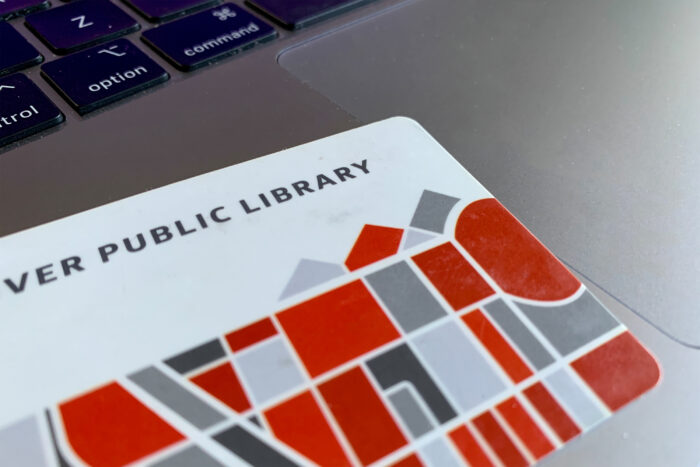
So, you want a library card. Now what?
The regulations for obtaining a library card are different by location, but there are some factors to consider. One, you’ll usually need a photo ID and proof of address to get a card in a library district. Some districts give you online access to resources like Libby, if you can connect your account to a home address in the region and they do not require an in-person ID check. On the other hand, to check out hard-copy books, you almost always need to verify your library card in person.
Libraries often also have reciprocal benefits and borrowing agreements. For example, all Colorado residents can access Denver Public Library resources regardless if they have a Denver address. This is a great system, especially for people in rural areas that often have less substantial facilities, but can still reap the benefits of substantial digital resources.
Even if you don’t have an address in the state you are visiting, you can still use their library. At the very least, libraries are public spaces. Their Wi-Fi, seating, and bathrooms are fair game to all visitors. Most libraries will have resources (like computers and maker spaces) designated for folks without library cards. Some branches also offer guest passes for moderate fees.
Van Life-Centric Cities and Their Resources
Here’s a great list of resources in addition to public library systems that are available in cities across the U.S. We focused our search on van life-centric hubs:
Los Angeles
Denver/Boulder
Material Reuse and Tool Library
Seattle
Salt Lake City
Did you learn something new? Ready to use these resources for reading, learning, fixing, browsing, or simply accessing new things on the road? Great! Bookmark this list, and be sure to let us know of any major library or community resources we missed.
